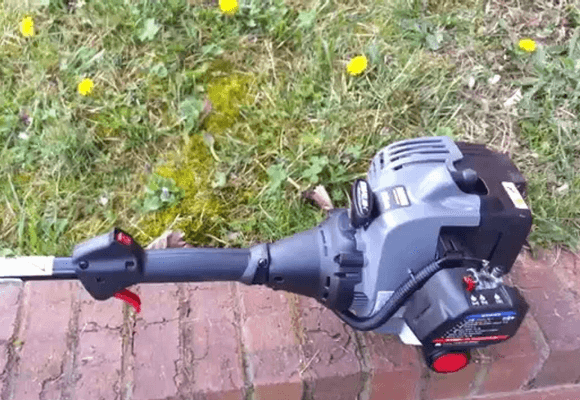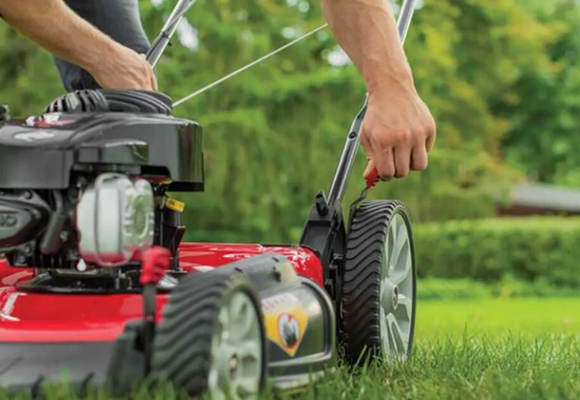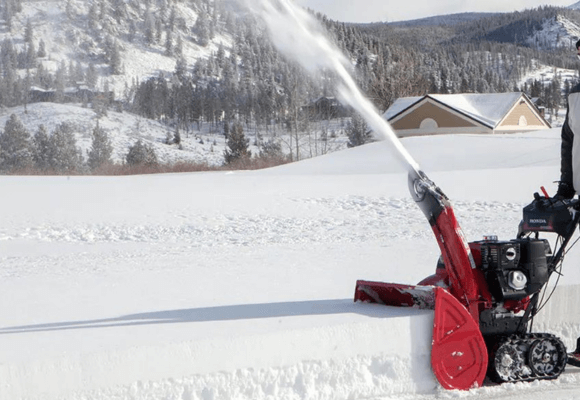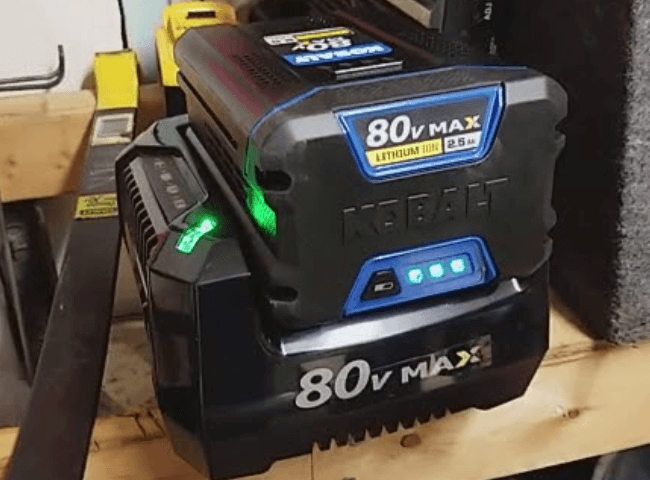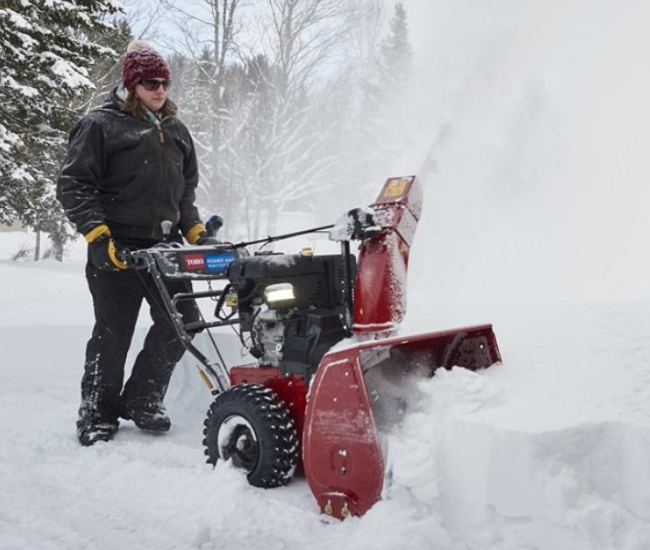The Chicago Leaf Blower Ordinance Explained
If you’re a business owner in Chicago, you may have heard about the leaf blower ordinance. In 2020, the City of Chicago passed a leaf blower ordinance that set limits on the acceptable noise level and hours of operation for leaf blowers.
This ordinance has caused some confusion among Chicago residents who are unsure of what this means for their ability to use leaf blowers in their gardens and yards.
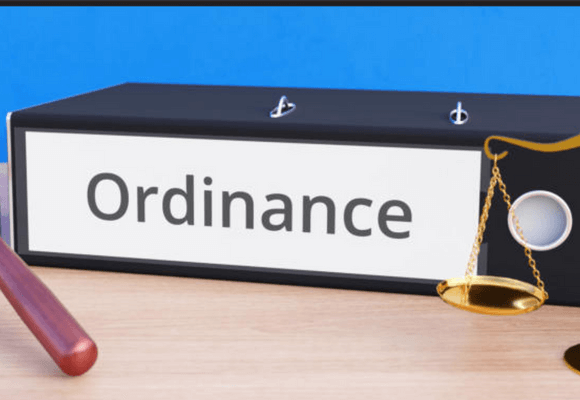
So, what exactly is the Chicago leaf blower ordinance, and why should business owners be aware of it?
The Chicago leaf blower ordinance covers all outdoor power equipment that uses an internal combustion engine (ICE) or electric motor with a noise level over 60 dB(A). This includes lawnmowers, string trimmers, chainsaws, hedge clippers, pressure washers, generators, and other similar pieces of equipment.
According to the ordinance, these tools must not be used between 8 pm and 8 am, with some exceptions for certain commercial activities like landscaping services or gardening operations. Additionally, these machines must not be used within 50 feet of any residence or school building at any time during the day or night.
Enforcement is handled by trained inspectors from the Department of Streets & Sanitation authorized to measure sound levels on site.
If a violation is suspected, inspectors will issue a warning and allow operators to reduce noise levels or shut down their equipment. If necessary, fines can be issued for violations – up to $500 for initial offenses and up to $1,000 for repeat offenses.
Certain types of property owners are exempt from the ordinance, including golf courses and parks operated by governmental entities or educational institutions; nurseries that use leaf blowers only between 8 am and 6 pm; landscaping contractors working on residential properties with three or fewer units; non-profit organizations; and agricultural operations.
Penalties for Violating the Ordinance
Violating this ordinance can result in fines ranging from $50 to $500 per infraction and imprisonment for up to 6 months if found guilty of multiple violations.
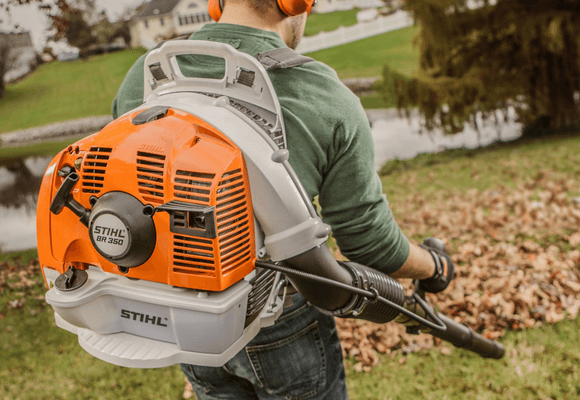
Therefore, business owners must understand and comply with the rules outlined by this law to avoid potential fines or other penalties.
Furthermore, local authorities can also impound any piece of equipment that they believe is being operated unlawfully under this law.
Effects of Chicago Leaf Blower Ordinance
- The ordinance prohibits the use of gas-powered leaf blowers within the city limits. Gas-powered leaf blowers are a major source of air pollution, emitting high levels of greenhouse gasses such as carbon dioxide and methane.
- The ordinance was passed to reduce air pollution and noise pollution.
- The city passed the ordinance in an effort to lessen the contamination of the air and noise. Leaf Blowers are a major source of both types of pollution, as they emit high noise levels and greenhouse gasses.
- Studies have shown that the ordinance has successfully reduced noise pollution within city limits. One study found that noise levels decreased by up to 10 decibels after passing the ordinance.
- One of the unintended consequences is that the ordinance has made it more difficult for landscapers to do their job, as electric leaf blowers are less powerful than gas-powered leaf blowers.
- Another unintended consequence is that the ordinance has increased the use of backpack blowers, which are even louder than gas-powered leaf blowers.
There are some exceptions to the ordinance.
There are a few exceptions to the ban, such as for landscapers using leaf blowers that meet specific emissions standards and for people with disabilities who rely on leaf blowers to clear their yards.
Conclusion:
The Chicago leaf blower ordinance is designed to help reduce noise pollution and improve public health and safety in residential areas around the city. Business owners must be aware of this law to ensure their operations comply with all local regulations.
They can shield themselves from potential fines or penalties for breaking this ordinance by doing this.
It’s also important for business owners to stay up-to-date on any changes made to this law, as they may affect their operations in one way or another. Knowing these rules will help them stay on top of their responsibilities when operating outdoor power equipment in Chicago safely and legally.

With 20 years of experience in tree work, I run my small business with a focus on safety and skill. My passion lies in the trees, where I find both joy and escape. Through my channel on SurferHandy, I share insights into safe and fun tree work, offering tips and techniques for both novices and professionals. Get More About me


